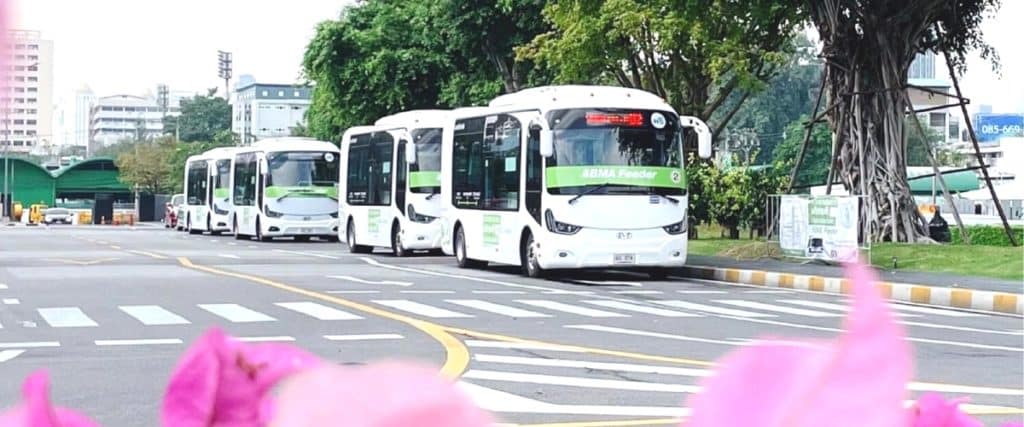Countries in SEA propel their efforts to advance the decarbonisation of public transportation systems, while boosting their sustainable development and ESG commitments.
Southeast Asia (SEA) has shown great promise in tackling the global climate crisis, from strengthening its Environmental, Social, and Governance (ESG) regulatory frameworks, to increasing green investments and promoting net zero measures, given the region’s vulnerability to ecological change and natural disasters. Shifting global prospects have further prompted many SEA countries to accelerate their sustainability endeavours and advance their carbon commitments to make a wider impact.
To enable this, Southeast Asian regions have increased their efforts to reform their transit systems by accelerating the decarbonisation of public transportation.
Thailand’s Transport Ministry recently announced its latest initiative to replace general buses with electric vehicles in Bangkok, with plans to upgrade its entire network in the next three years. Bangkok aims to eliminate all buses that rely on fossil fuels to a certain degree, replacing them with over 3,200 electric buses by 2025.
Vietnam, Singapore, and Indonesia have similarly advanced sustainability within their public transportation network, in efforts to control and reduce their greenhouse gas emissions.
Vietnamese automotive company, VinFast, and part of the country’s largest conglomerate, Vingroup, recently acquired a green loan worth US$135 million from the Asian Development Bank to manufacture electric buses and charging equipment, as to propel the region’s action in combatting climate change.
A central public transport operator in Singapore, SMRT, has integrated a next-generation operating system for the local urban rail, aiming to optimise trains’ acceleration, while reducing its overall energy consumption.
Indonesia is currently in process of introducing 1,000 electric vehicles to Jakarta’s Transjakarta public bus system by the end of this year, and intends to increase the number to 3,000 by 2025.
It is observed that Southeast Asian countries have stepped up their sustainable undertakings starting with their public transportation systems, upon experiencing pressure from international watchdogs, following the growing need to lower their collective carbon footprint. Moreover, the recent developments have further opened up environmental business prospects for the region, given its possibility of becoming the new economic facilitator.
Featured Banner Image: @Evthai
Related Articles
Smart Mobility: The Future of Transportation
Improving APAC Supply Chain Sustainability With Technology
Green Infrastructure Guide: 7 Ways to Build a Sustainable Ecosystem within Urban Cities in APAC





